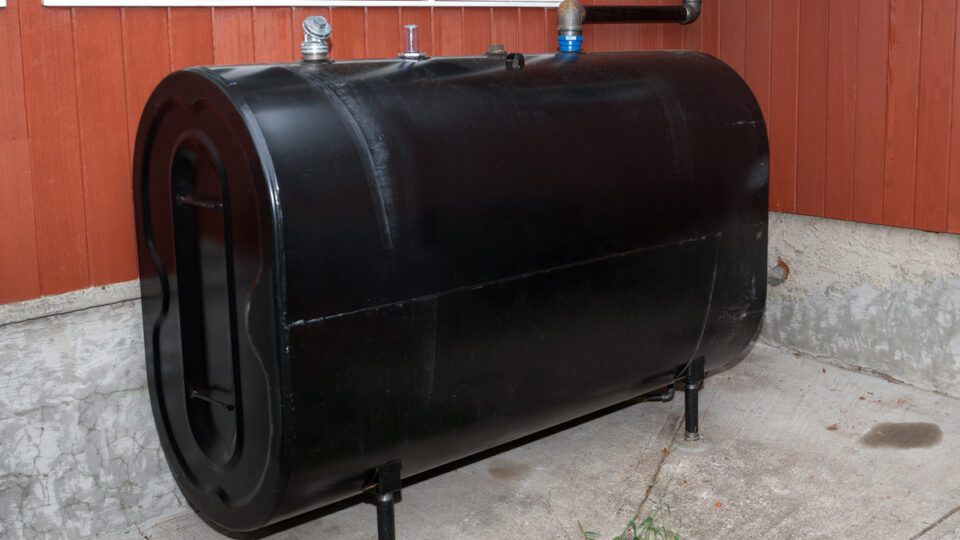
We’ve Got Answers in This Home Insurance Show & Tell.
Your home is a valuable asset, and there are many factors to consider when getting and maintaining your home insurance. Depending on the source of your home’s heating, hot water, and more, as the homeowner, you will be asked to provide information and even pictures to your insurance provider. In this blog, we’re doing a little Home Insurance Show & Tell to answer some frequently asked questions.
Wood Stove Home Insurance Requirements
If you have a wood stove, your insurance provider will request information about the stove’s make, model, and date. This information is typically found on a plate attached to the stove. The wood stove serial number is frequently used to determine minimum distance requirements for the stove.
What you are looking for is a manufacturer’s information plate. This plate or tag should be somewhere on any wood stove or fireplace manufactured after about 1980. This product tag should have the brand, model, and serial number imprinted on it, as well as clearance information.
For a Woodstove the plate is usually on the back of the stove. They are about 5″ x 7″ and are typically black, metal, or orange.
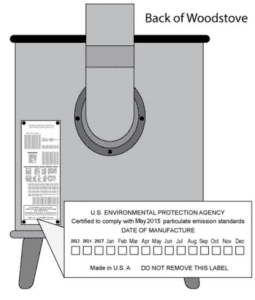
For a Pellet Stove, the plate can be found on the side or sometimes inside by the hopper lid.

Oil Tank Home Insurance Requirements
There are two main types of oil tanks used for heating a home: fibreglass tanks and steel tanks (double-walled or single-walled). Your insurance provider will typically require information about the tank found on the tank’s serial number. In addition, you’ll need to provide a picture of the tank, including the line where it goes into the house. The connection needs to be protected from impact and the line needs to have loops. Tanks located inside the home, or an outbuilding are less likely to sustain damage to the line or potential vandalism compared to tanks located on the outside of your home.
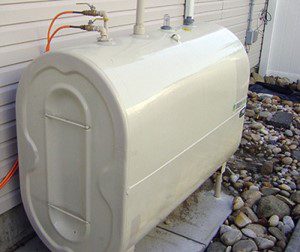
Backwater Valves and Home Insurance
How a Backwater Valve Works
Sewage in a basement or on a ground floor is a terrible mess. A mainline backwater valve can help prevent sewage from backing up into your basement. Placed directly into the sewer lateral in your basement, the valve automatically closes if sewage backs up from the main sewer.
Are Backwater Valves Required for Home Insurance?
Depending on the home’s location and history of sewer flooding events, your insurance provider may require the installation of a backwater (or backflow) valve. If you have suffered substantial sewer backup damage, the installation of a backwater valve may even be required to maintain insurance coverage. Some municipalities offer rebates to encourage the installation of these preventive devices.
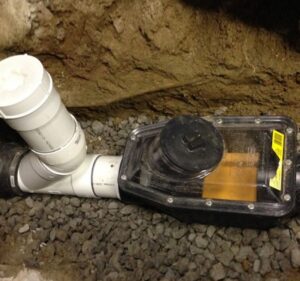
Hot Water Tanks and Home Insurance
Does Homeowners insurance cover hot water heaters?
Most hot water tanks will only last 10 – 15 years. As a result, it is not uncommon for home insurance policies to include a disclaimer that hot water tanks (or heaters) over 10 years old are not covered by insurance. While the cost of replacing a hot water tank is a factor, the bigger concern to insurance providers is the potential thousands of dollars needed for clean-up and restoration if your water tank leaks or bursts.
If your tank is between 10-15 years, it’s a good idea to check with your insurance advisor or broker. They can find out the age limits and deductibles for your home insurance policy. For information about your water tank’s age, you’ll be asked for details found on the tank’s serial number.
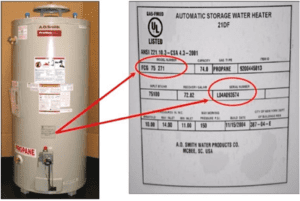
As you can see, there are many factors to consider when getting or maintaining home insurance. To learn more or to request a home insurance quote, visit our Home Insurance web page.
Additional Resources:
How to find wood stove manufacturer brand and model.
Insurance and backwater valves.
Why do insurance companies ask to change your hot water tank after 10-15 years.